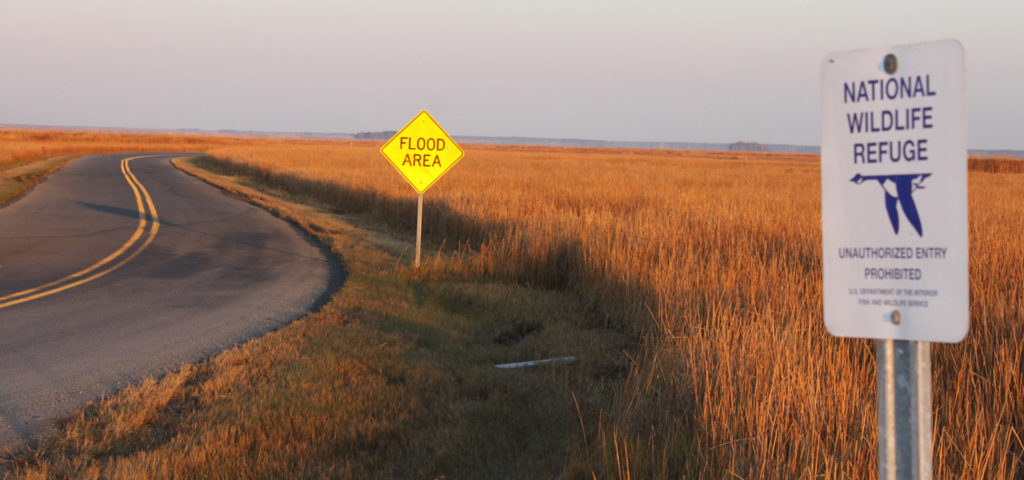Archive for July 2019
Mentorship Spotlight: Community-Driven Adaptation
Mentee Sierra Gladfelter recently began working as a Project Manager at the University of Virginia’s Institute for Engagement & Negotiation (IEN), coordinating the Resilience Adaptation Feasibility Tool, a one-year community-driven resilience planning process for seven localities on Virginia’s Eastern Shore. Prior to this, as the recipient of a National Science Foundation Graduate Research Fellowship and a Fulbright-Nehru…
Read MoreThe Future of Climate Migration: Evolving Cultural Norms Through Relationship-Building
This past weekend, neither widespread ICE raids nor one-time hurricane (now tropical storm) Barry wreaked the level of havoc newscasters predicted they would. However, these specific threats still exist, as do the conditions that have enabled them, displaying the complex, interconnected experiences of human migration and environmental change. Last week, I commented on this white…
Read MoreRegional Resilience Toolkit: 5 Steps to Build Large Scale Resilience to Natural Disasters
Developed by EPA and FEMA in partnership with the Metropolitan Transportation Commission and Association of Bay Area Governments in California, this toolkit provides a stepwise process for individual communities or coalitions of communities across a region to engage in partnership-building, planning, and other activities to build regional resilience. The goal of the toolkit is to…
Read MoreKiller Heat in the United States
The Union of Concerned Scientists (UCS) has evaluated how climate change will contribute to increasing incidence of dangerous high heat days across the U. S. This includes an analysis of the growing number of high heat days across various regions of the country, described under three climate change scenarios. The report also details the public health consequences of extreme…
Read MorePlaybook 1.0: How Cities Are Paying for Climate Resilience
From the Innovation Network for Communities, this report discusses eight strategies city governments have used to finance climate resilience projects. These strategies were found common to eight different U.S. cities blazing the trail to fund large-scale climate resilience, especially addressing sea level rise and flooding. Other cities can use this information to adopt and build…
Read MoreMiami, Florida Resilient 305 Strategy
This climate resilience plan was created collaboratively by Greater Miami and the Beaches (GM&B) – a unique partnership between Miami-Dade County, the City of Miami, and the City of Miami Beach. The unified adaptation strategy integrates climate change planning and preparedness for the low-lying coastal communities in southeast Florida (which share area code 305). The Resilient305…
Read MoreState of Montana Executive Order 8-2019: Creating the Montana Climate Solutions Council and Joining the State of Montana to the U.S. Climate Alliance
On July 1, 2019, Montana Governor Steve Bullock signed Executive Order 8-2019, establishing the Montana Climate Solutions Council and committing the state to the U. S. Climate Alliance. The Executive Order directs the Council to work with state agencies to incorporate climate adaptation and resilience strategies into state plans and operations, and to put forth recommendations…
Read MoreMentorship Spotlight: Building Resilience Locally
Mentee Libby Szuflita is a Master’s student in City and Regional Planning at the University of North Carolina at Chapel Hill, specializing in transportation planning with a Natural Hazards Resilience Certificate. Her research focus is on growth projections in long-range transportation planning, particularly how large transportation infrastructure projects impact land use decisions and how resilience…
Read More
